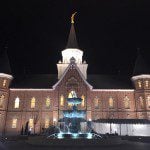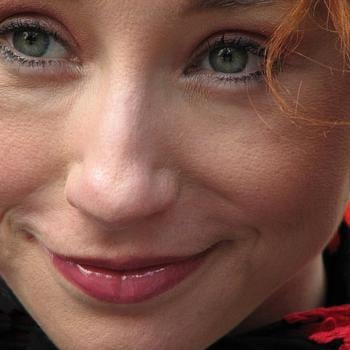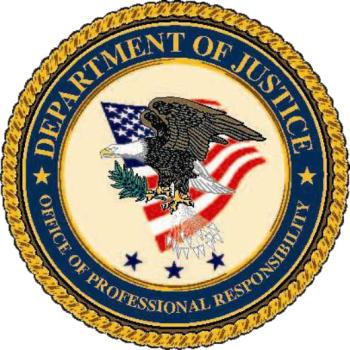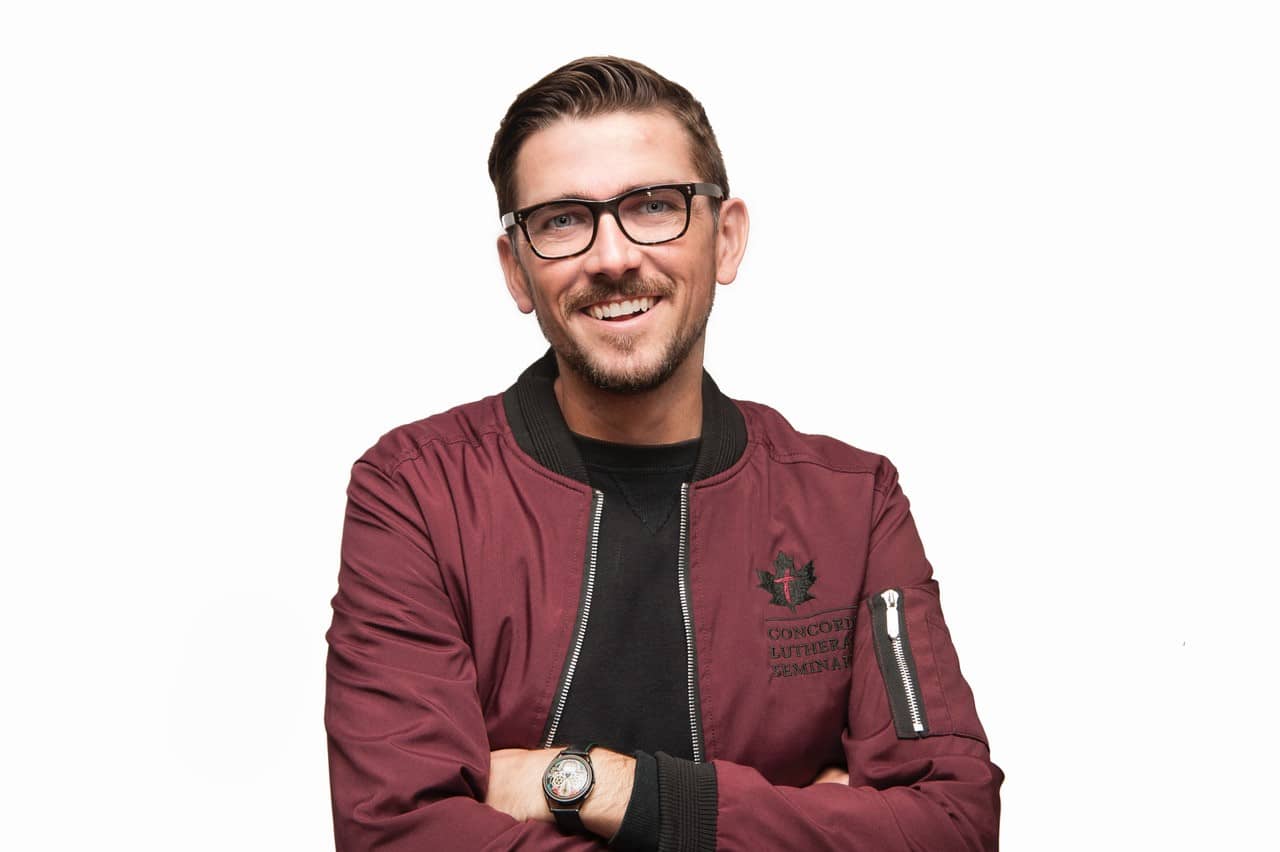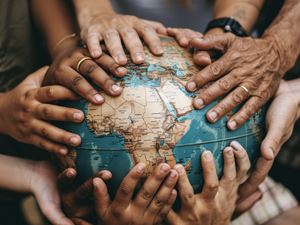
An Interview with Environmental Humanities Scholar Victoria Machado
As part of our ongoing exploration of what we miss without religion class, I sat down with Victoria Machado, Visiting Assistant Professor of Environmental Studies at Rollins College, Orlando, Florida. With a focus on the intersections between religion and nature, Machado’s research looks into justice issues, community dialogue, and bioregionalism with a special focus on uncovering the importance of religious actions with regards to the environment.
At a time when droughts, floods and other natural disasters, which have devastated communities across the globe, highlight the growing urgency of the climate crisis, environmental justice seems to be taking a backseat to issues like immigration, reproductive rights and the economy. According to Pew Research Center data, climate initiatives ranked lower than other major ballot issues in the recent elections, with a sharp partisan divide in how the two political parties view environmental protection.
In this interview, Machado discusses how a better understanding of religion will not only benefit our encounter with the world around us, but also help us navigate issues related to the environment and climate change – at both local and global scales. In particular, I appreciate how Machado points to how a deeper appreciation of religion, spirituality and their affects can help us better know ourselves and our interactions with the natural world – especially water and waterways.
What do people miss without religion class?
Machado: In each of my classes, the main takeaway that I want students to consider is “How can we better understand ourselves and the world around us.” Catherine Albanese put it this way: “the task of humanities scholarship was to make the strange familiar and the familiar strange”
Studying religion helps us re-examine the beliefs and practices that we hold so tightly to. And it asks us to consider different perspectives and viewpoints. In other words, it gives us a wider perspective, helping us look at the world in different ways so that we can better understand ourselves and the world around us.
Religion in its various forms and manifestations is important to a range of different people. To many, it is their core – even if it is not obvious at first. Studying religion gives us insight into lesser-known identities at work in our world and how people navigate the world. In other words, it helps us understand other beliefs, cultures, and practices and why people do what they do. It’s important to consider these things, even if you don’t consider yourself religious.You teach religion in non-traditional classrooms. Could you tell us more about your experiences teaching religion-beyond-religion in Florida?
Machado: I teach in an environmental studies department, and I lead a course called “Nature Spirituality” that’s a big draw with students. When talking about religion, I found that it’s important how we frame things. People are more willing to talk about faith and spiritualty and belief systems, rather than “religion.” The term comes with a lot of baggage. In my research, instead of asking people “how does religion factor into your environmental work?” I ask about their spirituality or faith. Then, they have a lot to say.
However we contextualize or frame a term, we have to consider the ways it is at work in our world. Whether we call it religion, spirituality, community, beliefs or practices or popular religion or worldview – however we frame it, it’s worth talking about.
Wherever I am teaching – in an environmental studies classroom, at a community college, a large public university like the University of Florida, a smaller private institution like Rollins or a public event at a library or community group – I try to meet students where they are. When you are working with such a range of students, you might have to start at different places. What I think is exciting is when students can bring ideas and examples from their own life into the classroom. It enriches the discussion. It helps us all think about the sacred in a more vibrant way. Conversations have another energy to them when students anchor the discussion in their own lives, whatever their background or context.How do you approach the intersection of religion and the environment in your work?
Machado: I like to think religion is everywhere; whether it’s overt or more subtle and subversive. When it comes to the environment and religion nexus, I see the role of narrative, of ethics, of the broader humanities, environmental humanities, and climate justice at play.
For example, when I talk to my students about water, their faces light up with experiences and memories. Remembrances of almost spiritual experiences. There’s a connection there worth exploring. Studying religion helps us explain that connection. It gives us the language to talk about those feelings and emotions and further explore what it means to be human.In my work, I study human interactions with water in Florida, which provides rich insights into how humans interact with the natural world. As a water activist recently reminded me, water — be it rivers, lakes, springs, oceans, or the Florida Everglades — are natural living systems. All too often, we view them as resources solely for human use. I’m trying to highlight perspectives that move such fluid natural spaces into realms that are overlooked. In some cases, like my Florida Humanities talks, this means re-examining water as sacred. In other situations, it means considering the people who work diligently for water’s protection and considering the worldviews that influence their drive and passion.
I think that our environmental crisis is both a physical crisis and, as writers like Rebecca Solnit have pointed out, a crisis of narrative. We need to cultivate new ways of seeing our role in the world and our relationship with the natural world. Much of this boils down to the concept of “How can we better understand ourselves and the world around us?”
Activists working on water issues in Florida are trying to change and shift a narrative so that we talk about springs, lakes, and rivers as living systems rather than commodities of economic value. How do we talk about them as having inherent value and thus, worth saving in and of themselves.
At a time when young people are filled with climate anxiety (and a lot of other anxieties, too) – which can be crippling – taking a step back and re-examining the world and themselves can offer a broader perspective, perhaps a more hopeful one that will promote sustainable longer term and effective action for climate justice, rather than apathy and inaction.
For me, this means exploring our belief systems (whether or not they are tied to a formal or world religion) and our daily practices. I think there is a lot to be said for taking different directions and offering new perspectives on the world around us and our place in it. That not only shifts our language but opens up the possibility of new ideas about what’s next.
How does this perspective speak to the current political climate and conversations (or seeming lack thereof in the U.S.) around climate change and policy?
Machado: I suspect that it’s not the top issue on many people’s minds at the moment. I also suspect that civil discourse is needed as a foundation to be able to get into these bigger issues like the environment and climate change.
But my students see the connections between issues of justice and the environment. Even if it’s not framed as an environmental issue, they are considering how the environment and climate change are interwoven with other issues. This impacts the conversations they have. I think that’s worth considering as we concern ourselves with issues like the economy or other kinds of justice. They’re interconnected.
11/4/2024 10:05:18 PM

